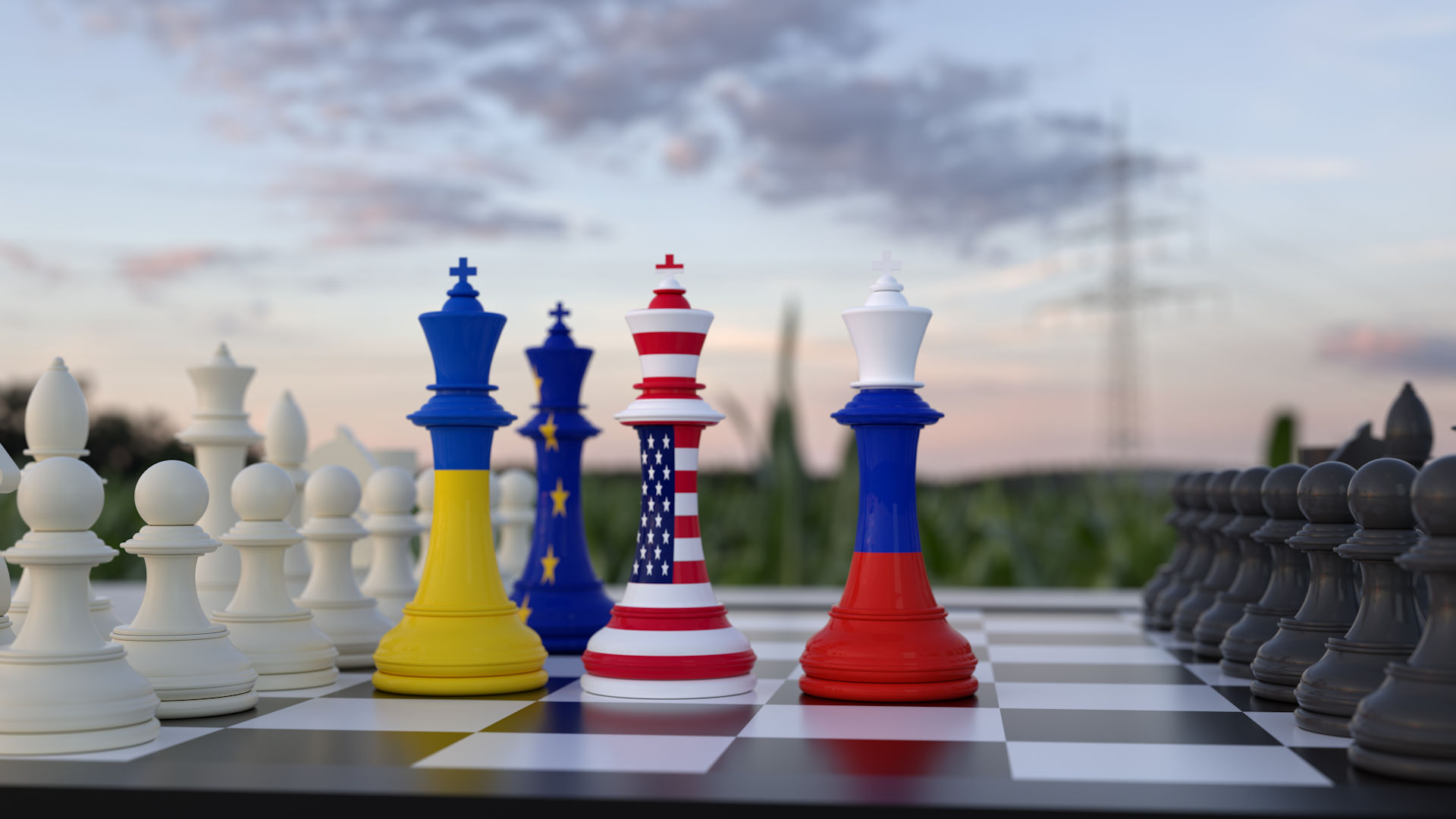
All wars end, and so will the bloodbath in Ukraine; we just don’t know when. The urgent imperative is to stop the slaughter, not just of brave Ukrainians but also of poor Russian conscripts, many of whom are clueless why they are at war: If, as Putin asserts, Ukrainians are the same people, why slaughter them? Yet it is critical to think now about which end-states might be, if not good, at least less bad. What follows is meant only to provoke that thinking.
By Gregory F. Treverton
NOTE: The views expressed here are those of the author and do not necessarily represent or reflect the views of SMA, Inc.
Putin’s crusade to turn Russia back to its glory has bet his country on a war he cannot win. Considering he views the rule-based world order as hostile to Russia, he seems determine to assert global chaos to change the game to Russia’s advantage. Or he may simply want to expand the motherland’s borders. Whatever the reason, the best endgame might be labelled “the 1917 option”: Putin deposed, and the war of chaos ended. Sanctions, while necessary, will not produce a popular uprising: to paraphrase George Kennan about dealing with communists long ago, you can’t hurt the government without hurting the people, and you can’t help the people without helping the government. In the short run, sanctions will only build support for Putin’s regime, as they did for Cuba’s and Iran’s, by reinforcing Putin’s narrative that this is all the West’s fault. In any case, Russia is not going to go away. The ruble has stabilized, and the country has not defaulted on its debt.
Perhaps because I lived through the end of the Soviet Union, I’m skeptical that street protests will threaten Putin’s position, and in the end, what happens to Russia will depend on Russians. If I had to bet, though, I’d put my money on the military, which must hate this war, one that is chewing up lives and equipment that can’t easily be replaced for a cause that baffles those conscripts. The analogy is crude, but it is a little like the United States attacking Canada (which, admittedly, we’ve done but not recently).
Alas, the most likely outcome is stalemate, with Ukraine more or less in control of its west and Russia the east, with periodic bouts of fighting, especially along the lines of demarcation. That might be labeled “the Yemen option.” It would leave sanctions intact, Russia a pariah state, Ukraine a bleeding wound in the middle of Europe—and Vladimir Putin a war criminal.
In the end, the Ukrainians get a vote on their future, but they and we might consider what might be called “the Korea option”: the division of Ukraine formalized, with the pro-Russian east serving as a buffer, and the West free to chart its own future, including with the European Union and NATO. This would hardly be a pretty outcome, but it might be the best of a bad set of possibilities.
It is also worth noticing that what might be called “the North American option” is afoot. It hasn’t been noticed, but Putin has executed his own “pivot,” in his case not toward Asia but away from it; he pulled troops from the region to invade Ukraine. Putin’s offer of homesteading land in the east, begun in 2016, has found few Russian takers. As a result, Russia’s Far Eastern Federal District, two-thirds the area of China, has but six million people. The Chinese provinces across the border, on the other hand, are home to more than 100 million, and according to some estimates, 300,000 Chinese citizens have settled in Russia’s Far East. Hence the label “North American solution” after those Americans who pushed westward into thinly-populated—and defended—native American territory.
Now is surely not the time for the United States to encourage a Chinese invasion of the Russian east, all the less so because China must find it very uncomfortable to side with its friend, Russia, whose invasion violates principles of non-interference which have been bread and butter for Chinese Communists since the beginning. It is time, however, to remind Putin and the Russia people that a cost of war in Europe is the loss of Russia in Asia.
Russia is now a failing petrostate. One day it can aspire to be a middling European power, larger but far poorer than Germany, equal is both physical and cultural riches to Italy. With the blood of Ukraine on its hands, however, that day for Russia is not soon.